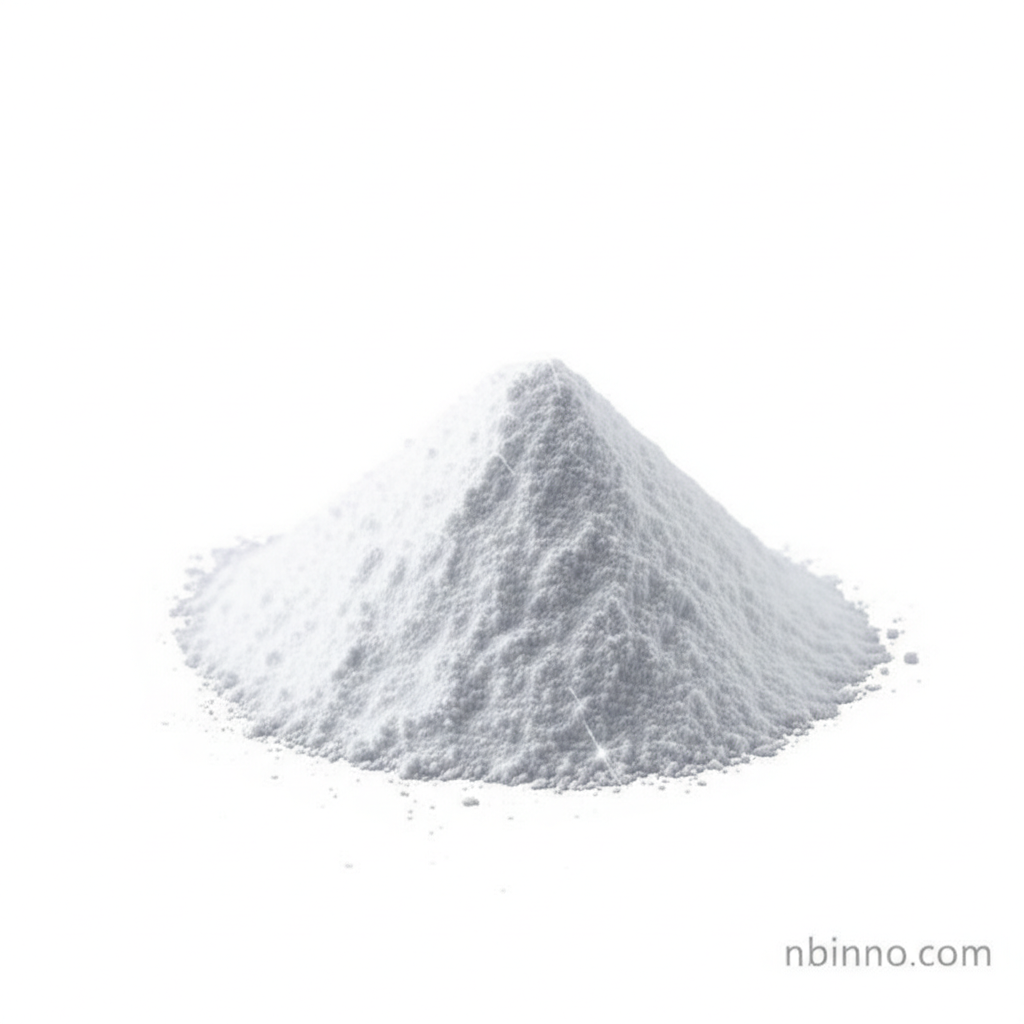Unlock the Power of EDTA: Your Ultimate Guide to Chelating Agents
Discover the versatile applications and benefits of Ethylene Diamine Tetraacetic Acid (EDTA) in various industrial and chemical processes.
Get a Quote & SampleProduct Core Value

Ethylene Diamine Tetraacetic Acid Series (EDTA)
EDTA is a powerful chelating agent that effectively binds to metal ions, preventing them from interfering with industrial processes or degrading product quality. Its ability to sequester metal ions like calcium, magnesium, and iron makes it indispensable across numerous sectors.
- Discover the significant EDTA chelating agent uses across various industries, from agriculture to pharmaceuticals.
- Explore the diverse ethylene diamine tetraacetic acid applications in water treatment, ensuring cleaner water and preventing scale buildup.
- Understand the benefits of disodium EDTA industrial uses in detergents for improved cleaning performance and stability.
- Learn how EDTA metal ion sequestration is crucial for stabilizing pharmaceuticals and enhancing their bioavailability.
Key Advantages of EDTA
Enhanced Product Stability
EDTA significantly boosts the shelf life and stability of products like cosmetics and pharmaceuticals by deactivating metal ions that catalyze degradation reactions, a key aspect of its EDTA chemical properties.
Improved Nutrient Availability
In agriculture, EDTA is vital for making essential micronutrients available to plants, preventing precipitation and ensuring better crop yields, a prime example of chelating agent benefits in agriculture.
Efficient Industrial Cleaning
EDTA's ability to bind with metal ions enhances the performance of detergents and industrial cleaners, making them more effective at removing stubborn residues and improving overall cleaning efficiency.
Key Applications
Water Treatment
EDTA is used in EDTA in water treatment to bind heavy metals and other contaminants, facilitating their removal and improving water quality for industrial and municipal use.
Pharmaceuticals
In the pharmaceutical sector, EDTA pharmaceutical applications include enhancing drug stability and bioavailability by chelating metal ions that can catalyze degradation.
Detergents
EDTA acts as a crucial ingredient in detergents, preventing reactions between cleaning agents and hard water minerals, thus improving soap quality and cleaning effectiveness.
Agriculture
EDTA in fertilizers ensures that essential micronutrients remain bioavailable to plants, promoting robust growth and increasing crop yields.
